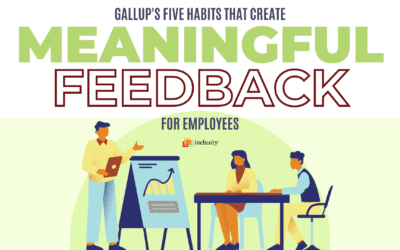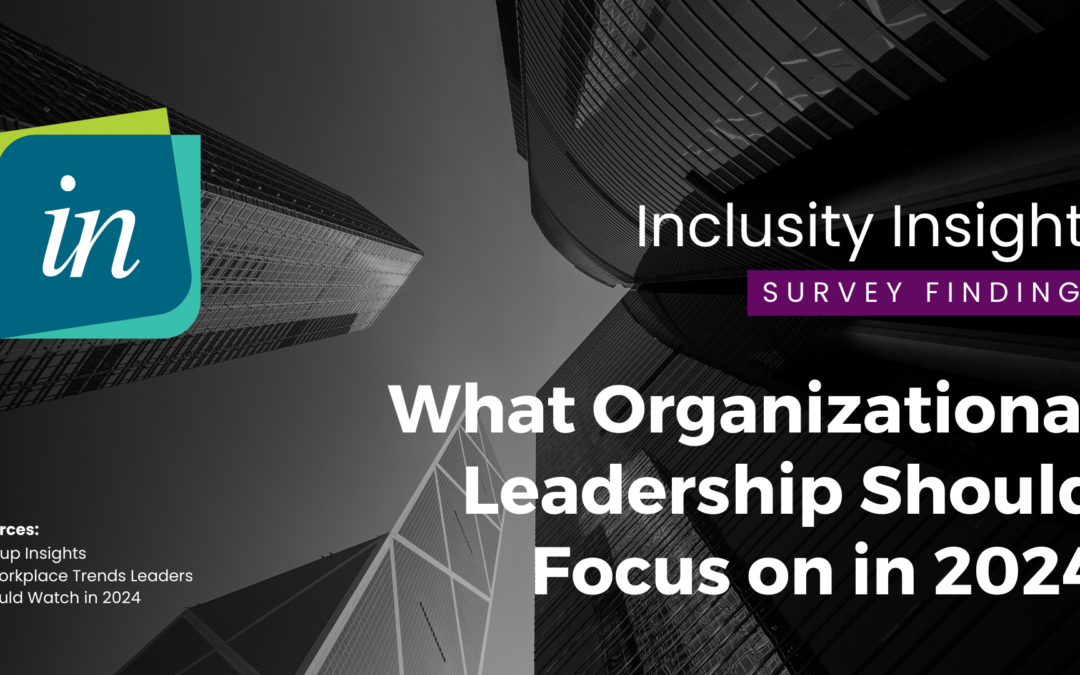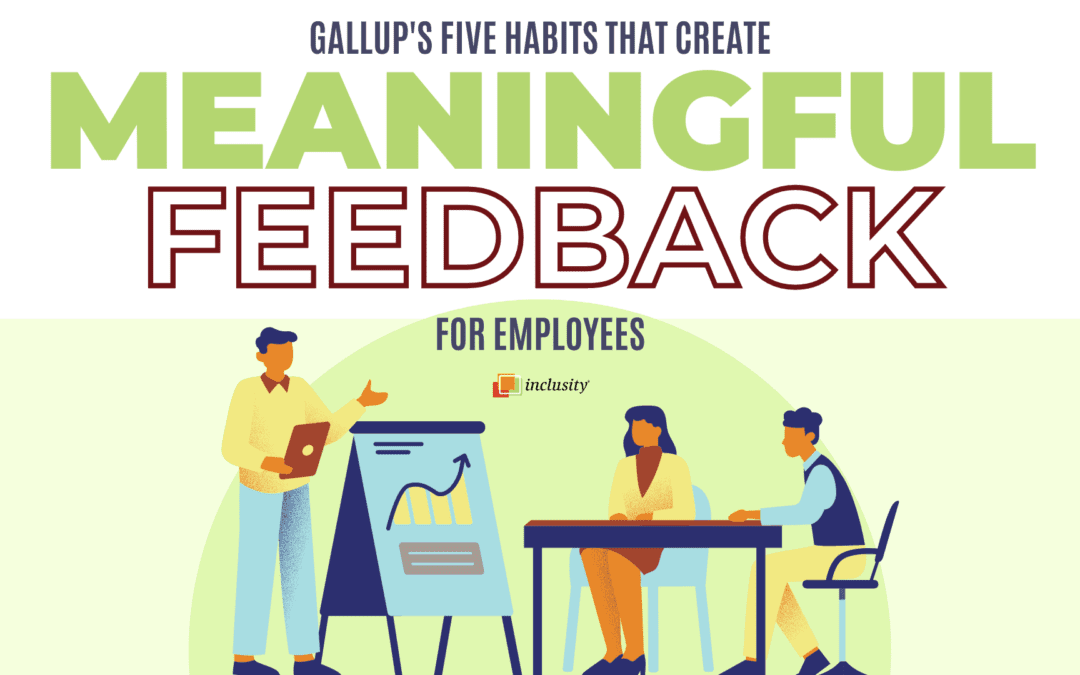The importance of inclusive and engaged leadership at the highest levels is very closely tied to the engagement of their employees.
Employee engagement refers the level of commitment and enthusiasm that employees have for their work and the company they work for. When employees are engaged, they are more productive, creative, and loyal. They go above and beyond their job responsibilities to help the company achieve its goals. In this article, we will discuss the findings of Gallup’s Employee Engagement Survey, the importance of employee engagement, and how it can benefit an organization.
Managers who are supervised by engaged leadership are 39% more likely to be engaged, and employees supervised by engaged managers are 59% more likely to be engaged. However, the same study shows that only 51% of managers and 30% of employees are engaged, costing businesses billions annually (Gallup, 2015).
But what does engagement have to do with inclusive leadership? Another study by Gallup revealed the most interesting data yet. Respondents were asked: “If you could make one change at your current employer to make it a great place to work, what would it be?” 41% responded in the “Engagement and Culture,” category, far surpassing the next highest responses of “Pay and benefits” (28%) and “wellbeing.” (16%). Many respondents said they would like more recognition, opportunities to learn, fair treatment, clearer goals and better managers (Gallup, 2023).
Gallup’s study “Gallup Q12® Meta-Analysis” examines decades of employee engagement and performance data from more than 100,000 teams to evaluate the connection between employee engagement and 11 key business outcomes. Below are some exciting and revealing statistics that we felt are important to any business or organization!
Highly Engaged Teams are 23% more profitable and 14% more productive.
Employee engagement leads to increased productivity. Engaged employees are more motivated to work hard and put in extra effort to ensure that their work is of high quality. They are also more likely to stay focused and avoid distractions. This results in higher productivity levels and better performance. In addition, engaged employees are more likely to take on additional responsibilities and learn new skills to further improve their performance.
Highly Engaged Teams have an 81% lower rate of absenteeism and a 43% lower rate of turnover.
Engaged employees are more likely to stay with their current employer because they feel valued and appreciated. They are also more likely to recommend their company to others as a great place to work. This can help to attract and retain top talent, which is essential for the long-term success of an organization.
Highly Engaged Teams have a 10% higher rate of customer loyalty and an 18% increase in productivity in sales.
Employee engagement leads to better customer service. Engaged employees are more likely to provide excellent customer service because they care about the success of the company they work for. They are more willing to go above and beyond to ensure that customers are satisfied with their experience. This can lead to increased customer loyalty and positive word-of-mouth advertising.
Highly Engaged Teams have a 66% higher rate of well-being and a 13% increase in organizational participation.
Employee engagement leads to a more positive work environment. When employees are engaged, they are more likely to be happy and satisfied with their work. They are also more likely to get along with their colleagues and work well together as a team. A higher sense of well-being amongst employees also leads to better participation in organizational citizenship, facilitating change management at every level.














